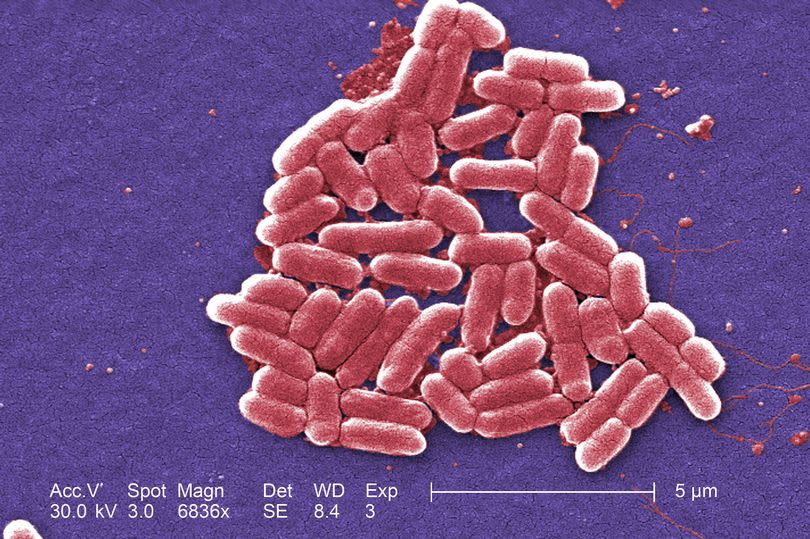UK E.coli latest as 86 hospitalised from outbreak linked to one food item

At least 86 individuals have been hospitalised due to an E. coli outbreak connected to lettuce, with the number of cases starting to decelerate, health officials report.
Recent data from the UK Health Security Agency indicates an additional 45 incidents of E. coli infection as of 18 June, bringing the total confirmed cases across the UK since the outbreak began to 256. Those impacted initially exhibited symptoms prior to 31 May.
The UKHSA stated: "Although the rate of cases has now slowed, we expect the figure to rise as NHS laboratories refer specimens to UKHSA for genomic sequencing which can link cases to this outbreak strain."
Read more: Police arrest THIRTY-FIVE suspects as officers burst into homes in early hours
Several food manufacturers have recalled sandwiches, wraps, and salads from major supermarkets and retail chains due to concerns about a connection to the outbreak. The Food Standards Agency suggests that the lettuce used in these products is likely the source of the outbreak. The recorded instances all involve Shiga toxin-producing E. coli O145 (Stec).
Darren Whitby, head of incidents at the Food Standards Agency, said: "Several sandwich manufacturers have now taken precautionary action to withdraw and recall various sandwiches, wraps, subs and rolls, as food chain and epidemiological links have enabled us to narrow down a wide range of foods consumed to a small number of salad leaves that have been used in these products.
"This remains a complex investigation and we continue to work at pace with the relevant businesses and local authorities to ensure necessary steps are being taken to protect consumers.
"Although we are confident in the source of the outbreak being linked to a small number of salad leaves, which we identified early on through extensive food chain analysis, work continues to identify the root cause of the outbreak with the growers, suppliers and manufacturers so that actions can be taken to prevent a re-occurrence.
"We will remain vigilant until the root cause of the outbreak is confirmed and we are keeping an open mind about possible causes of the outbreak."
E. coli are a diverse group of bacteria that are normally harmless and live in the intestines of humans and animals. However, some strains produce toxins that can make people very ill, such as Stec.
People infected with Stec can suffer diarrhoea, and about 50% of cases have bloody diarrhoea. Other symptoms include stomach cramps and fever. Symptoms can last up to two weeks in uncomplicated cases.
Some patients, mainly children, may develop haemolytic uraemic syndrome, which is a serious life-threatening condition resulting in kidney failure. A small proportion of adults may develop a similar condition called thrombotic thrombocytopenic purpura (TTP).
Stec is typically transmitted through the consumption of contaminated food, but it can also be spread via close contact with an infected individual or direct interaction with an infected animal or its habitat.
The NHS advises individuals to dial 111 or get in touch with their GP surgery if they are concerned about a baby under 12 months, if a child ceases breast or bottle feeding while ill, or if a child under five shows signs of dehydration such as fewer wet nappies. Assistance should also be sought if older children or adults continue to show signs of dehydration after using oral rehydration sachets.
Medical help should also be sought if individuals are vomiting and unable to retain fluids, if there is bloody diarrhoea or bleeding from the bottom, or if diarrhoea persists for more than seven days or vomiting for more than two days.

 Yahoo News
Yahoo News 
